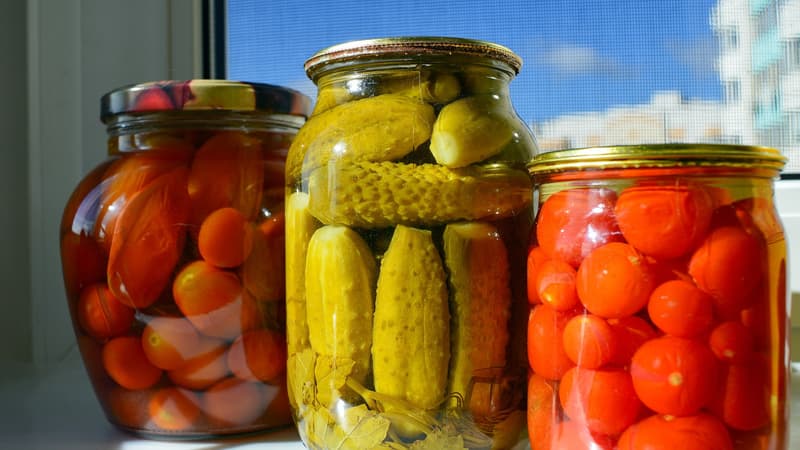Some precautions can avoid big problems. Botulism is extremely rare in France. However, the death of a person in Bordeaux after consuming sardines served in a restaurant is a “reminder” for the general public, explained Benoît Elleboode, general director of the New Aquitaine Regional Health Agency.
It is the first time in fifteen years of experience that the director has faced these infections, so we must not fall into psychosis. However, “we must remember that when we prepare food, even more so for collective use, we must be careful and trained.”
But what to do? For Robert Sebbag, an infectious disease specialist at the Pitié-Salpétrière hospital in Paris, some basic rules must be followed:
“What matters is the sterilization time. It has to last several hours, with closed, airtight jars, small circle and rubber ones. I insist, we boil them for hours and hours. “That seems extremely important to me.”
All products affected?
It is these long hours that help prevent the development of the Clostridium botulinum bacteria. According to the Quebec government website, for low-acid foods such as meat, carrots or peppers, sterilization at 116°C is essential. It is only done using an autoclave, a device that is used to sterilize using boiling steam.
Robert Sebbag highlights that one type of product is not affected by this risk of botulism: fruit jams. These are “cooked for a long time” and with a lot of sugar. This is the only exception.
In case of doubt…
In Bordeaux, the owner of the restaurant serving sardines smelled a strong smell when he opened them. This is the first sign that should alert you to the deterioration of the product, whether made at home or sold by a professional.
“If there is the slightest doubt, do not consume,” the doctor insists.
Visual inspection is also very important. Is the can dented? Half open? Trash! Finally, if you hear a “pssssht” when opening, it may be bacterial growth.
Source: BFM TV


